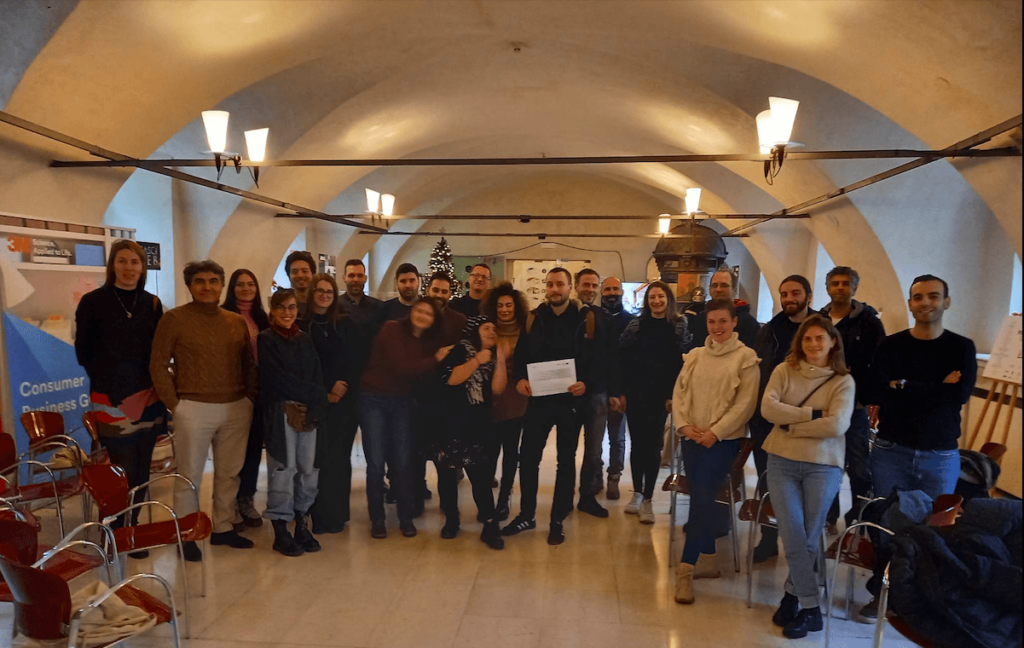Cooltour – Joint Staff Training Event in Zagreb

We started our year productively – Brodoto and KÖME organized a staff training event (C2) in Zagreb with 12 participants (2 per project partner) from January 24-26, 2023. The event aimed to assess the training methodology developed in the first part of the project and review real regional cases at two representative cultural heritage sites in Zagreb, the Museum of Broken Relationships where we enjoyed an inspirational presentation from the curator and the City of Zagreb Museum where we had a fantastic a round table with more than 15 cultural heritage managers and students.
The training program brought together heritage managers and youth workers in a peer-to-peer process to share new approaches and languages to be integrated into activities addressed to young audiences. The content of the training primarily focused on three topics: heritage, interpretation, and socio-psychology. The training program aimed to explore the special and fluid relationship of millennials to the concept of heritage, making heritage personal, experiential, and creating relevance, and the socio-psychological background of the young adults and how to build practices on that. The content of the training also tangentially touched on the topic of storytelling via different means and mixed media, mainly personal communication, and online digital technology.
The training program was designed to create a common professional basis for the further development of the pilots, and it successfully achieved the objectives set out for it. The participants were able to learn new skills and techniques that will enable them to better engage young audiences with heritage, while also building strong partnerships and connections with one another.
